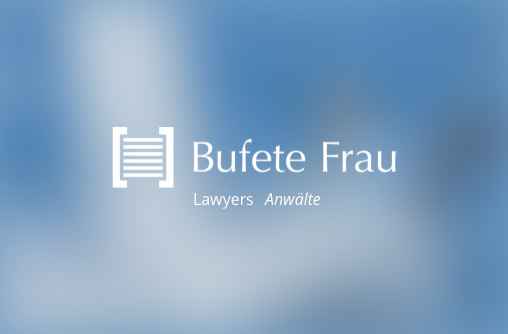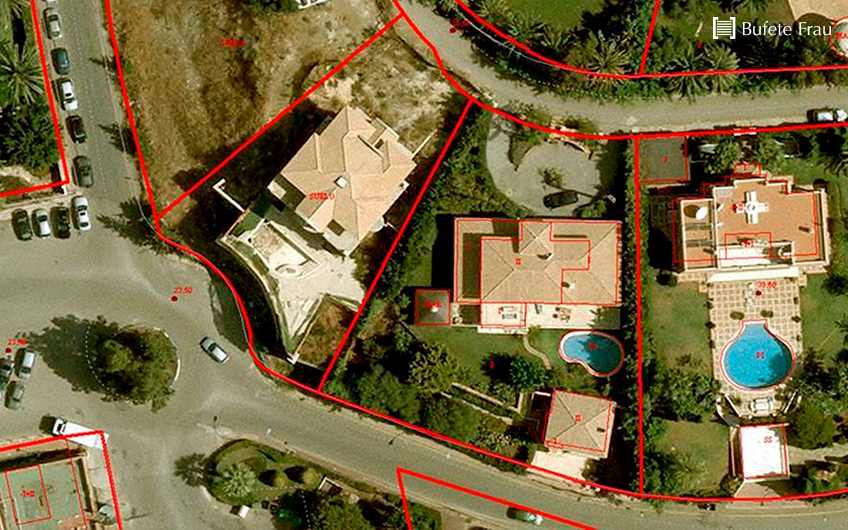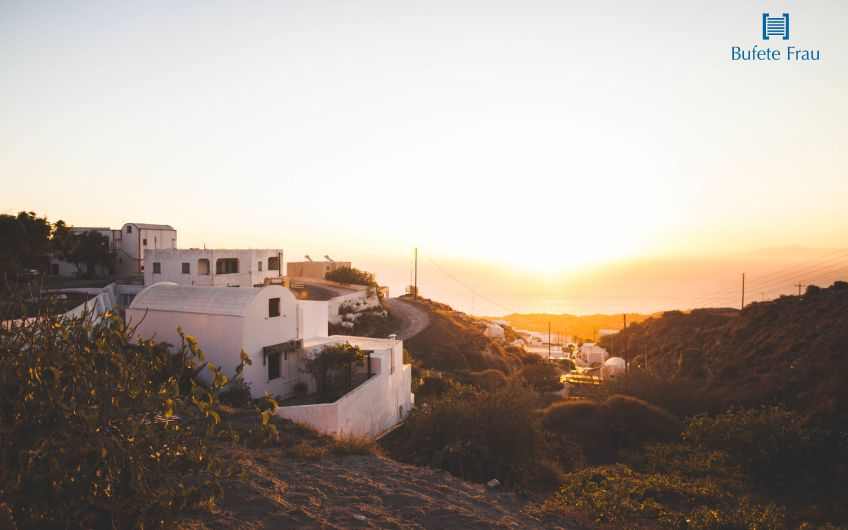Legalisation of Rural Constructions in the Balearic Islands:
Legalisation of constructions on rural land in the Balearic Islands: Who can benefit from the new Decree-Law?
In May 2024, the Government of the Balearic Islands approved Decree Law 4/2024, a regulation that introduces important new features in the field of urban and territorial planning. Among the most important measures is the possibility of legalising constructions on rural land that until now were out of planning. This extraordinary initiative opens a temporary window for numerous owners to regularise buildings that, for various reasons, did not comply with current regulations.
Why is this extraordinary legalisation being approved?
The aim of the Government is to provide a legal and controlled solution to thousands of old buildings that, although they do not comply with current regulations, can no longer be sanctioned because the urban planning infringement has expired. Instead of keeping these buildings in legal limbo, the decree allows them to be regularised under strict conditions and with a clear focus on sustainability.
You can consult the full text of the decree in the Official Gazette of the Balearic Islands (BOIB).
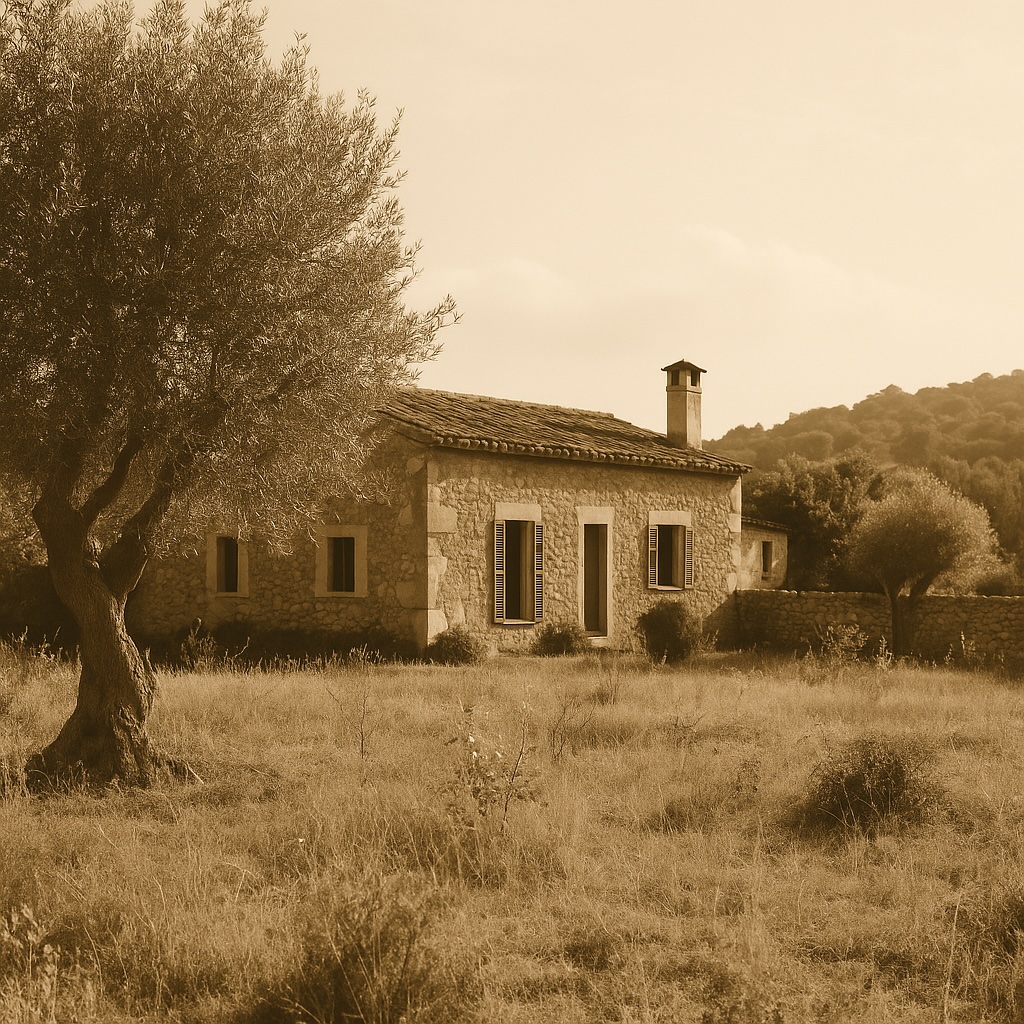
Legalisation of Rural Constructions in the Balearic Islands
Which buildings are eligible for this measure?
The legalisation is aimed at existing buildings built more than 8 years ago on rural land, provided that the condition that the urban development infringement is time-barred is fulfilled. In other words, the administration can no longer exercise sanctioning actions or demand demolition.
Furthermore, these constructions must be outside specially protected land and may not have been the subject of any current administrative procedure.
Exclusions: What is left out of the decree?
Not all constructions on rural land can be legalised. The following are excluded from this measure:
- Buildings on protected rural land or land of special environmental protection.
- Constructions located in the public domain or in road or coastal easements.
- Properties that are or have been used for tourism purposes, such as agritourism, rural hotels or holiday rentals.
- Buildings subject to unapproved declarations of general interest.
These limitations ensure that the measure does not favour unregulated economic activities or negatively impact on areas of high ecological value.
Technical and environmental requirements
Owners interested in the legalisation of their rural property in the Balearic Islands must present a technical project of environmental adaptation. This project must include measures that guarantee energy efficiency, sustainable water management and the reduction of light pollution.
Some of the recommended measures are:
- Installation of solar panels.
- Rainwater collection tanks.
- Treatment systems adapted to the Balearic Hydrological Plan.
- Use of sustainable building materials.
These demands reinforce the Government’s commitment to a territorial model that is more respectful of the environment.
How much does it cost to legalise a farm?
One of the key points of the Decree is the compulsory financial compensation to be paid by the owners. The amount will depend on the year in which legalisation is requested:
- 10 % of the construction value if applied for in the first year.
- 12.5% in the second year.
- 15 % in the third.
These amounts must be paid to the corresponding town hall, and will be used for environmental recovery and sustainable land management projects.
In addition, there are reductions for individuals with incomes below certain thresholds, which adds a social component to the measure.
Significant changes in documentation
With this new decree, the obligation to obtain the certificate of habitability of first occupation issued by the Consell Insular (Island Council) is eliminated. In its place, the municipal licence of first occupation will suffice, thus simplifying the process and avoiding administrative duplication.
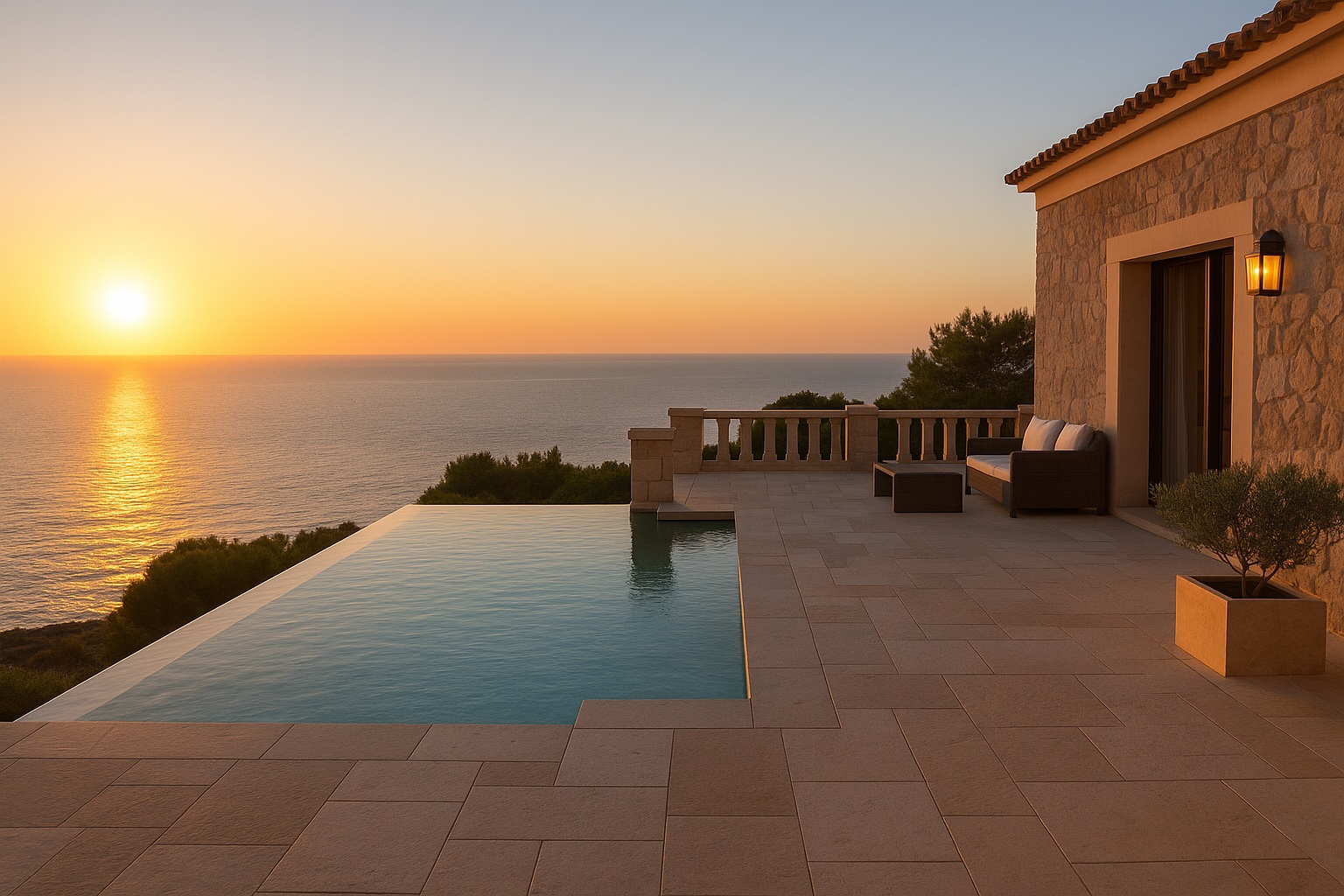
Legalisation of Rural Constructions in the Balearic Islands
What are the benefits of legalisation?
Regularising a construction on rural land allows:
- Obtain legal security of tenure.
- Increase the market value of the farm.
- Access procedures such as inheritances, sales or mortgages more easily.
- Avoid future sanctions or restrictions on use.
Do you have a construction on rural land and you don’t know if you can legalise it?
At Bufete Frau we have a legal team specialised in urban and rural property law in the Balearic Islands. We can help you with:
- Analyse whether your farm complies with the requirements of the decree.
- Prepare the necessary documentation.
- Coordinate the technical project and administrative process.
- Accompanying you through all stages of the procedure.
📩 Contact us for a no-obligation initial consultation
Bufete Frau – Lawyers specialised in real estate transactions in Mallorca, Menorca, Ibiza and Formentera.




